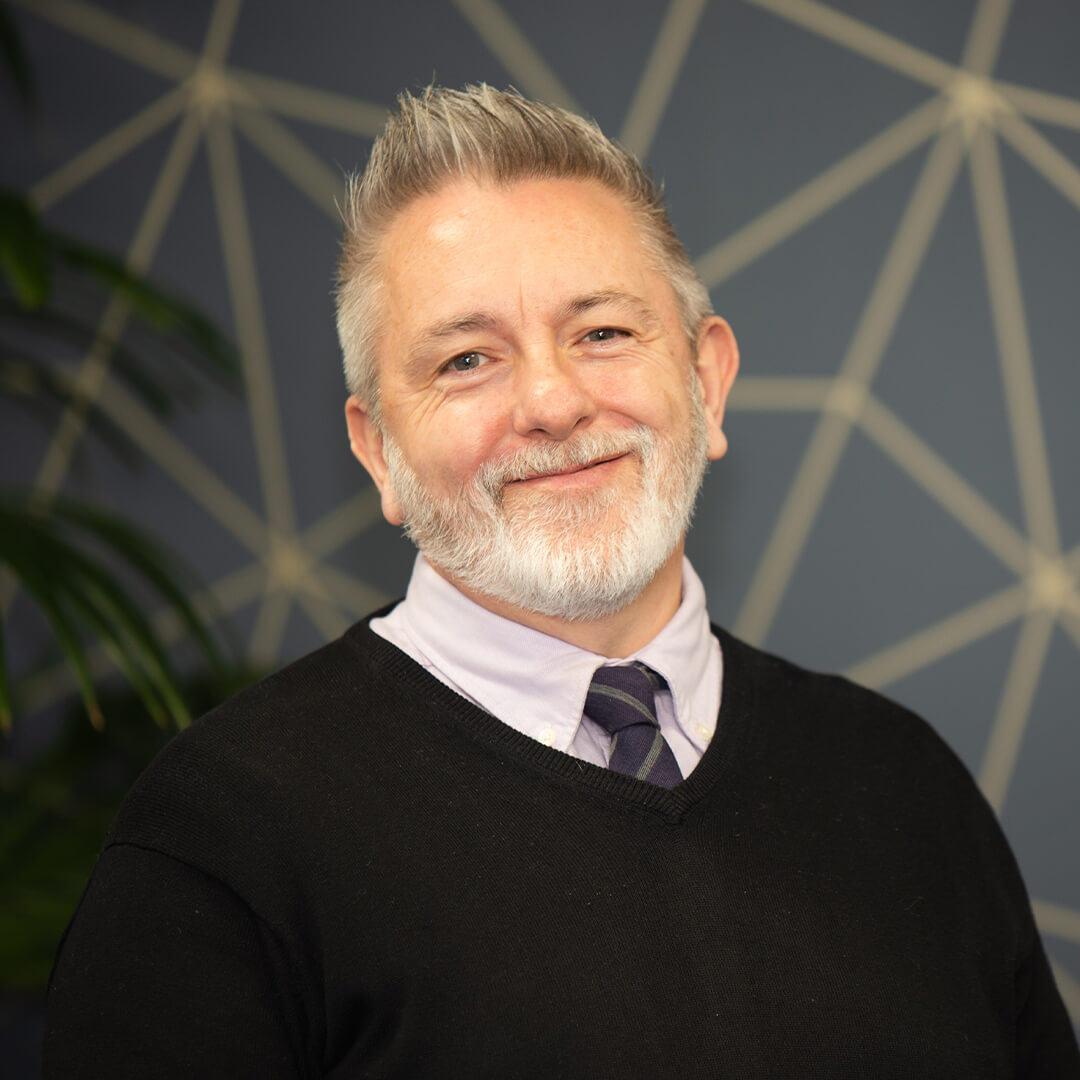Introducing the Mental Health First Aid team at Formative
In February, three members of the Formative team became certified Mental Health First Aiders. We’d like to tell you a little about what that means to us, why we think it’s important, and what mental health first aid is all about.
Throw a stone in any direction and there’s a pretty decent chance you’ll hit a business that says its people are its biggest asset. And that’s great. But how many businesses are actually taking active steps, and making real investments to bring those fine words to life?
We have a simple aim and a clear objective at Formative. We want to be the best possible place to work that we can, and to make our workplace one where people feel empowered, valued, and supported. For us, this is a very real decision to create and foster a culture with a real sense of difference. Yes, we work hard. Yes, we always go the extra mile to ensure we delight our clients. Yes, there will be times when people feel the pressure. But that’s true of a lot of agencies; we know that there will be times when most people need additional help and support, and at Formative, no one gets left behind.
That’s why Erin Harris (Director of People & Operations), Laura Nash (Content Coordinator), and Sean Fleming (Senior Writer) all attended the two-day mental health first aid course, developed by Mental Health First Aid England, and delivered by the St John Ambulance service.
For us, there are no stigmas around mental health in the same way that there are no stigmas around physical health. If someone had a broken arm would you view them as somehow negligent or failing? It’s not likely. At Formative, if someone needs help with a mental health issue they won’t be judged, they won’t be looked down on or talked about in hushed tones.
No, they’ll be given help, advice and most of all support – support that feels right to them, that’s appropriate for whatever their needs happen to be. Having a team of certified Mental Health First Aiders is the first part of those beliefs becoming part of our day-to-day routines.
———————————————————————————————-
“I am so grateful to Formative for making work a safe environment for me to be able to talk about my mental health experiences. I have never felt judged or criticised for bringing up my own personal struggles and I am honoured to have been considered as a mental health first aider.”
Laura Nash, Content Coordinator
———————————————————————————————-
So what is mental health first aid?
Many of us are going to struggle with mental health issues at some point in our lives; one-in-four of the general population, one-in-six at work. Look around your office and think about how many people you work with might be among those numbers. If it’s not you, chances are it’s someone not far away. But how many of us will know what to do, what help might be available, and where to get that help from?
That’s where Mental Health First Aiders can step in. They are trained in spotting the early signs of mental illness and having conversations with those who might be struggling with their mental health. The objective is to point people toward sources of immediate help – that might mean talking therapies, or it might just mean talking; Mental Health First Aiders are here to listen in confidence, too.
———————————————————————————————-
“I’ve worked in lots of different office environments – in journalism and in communications agencies. In our industry, it’s all too common for people to be pushed and pushed until they break, burn-out, or quit. That’s an outdated outlook which has no place in a 21st-century workplace.
I’m delighted to be part of this team and even more so that Formative is so determined to build a positive working environment for everyone.”
Sean Fleming, Senior Writer
———————————————————————————————-
It won’t always be easy to spot that you have a problem. Often the symptoms of many mental health problems can start out in a fairly benign way. But their potential for escalating and really derailing you shouldn’t be underestimated.
Workplace stress is part of everyday life and in many ways, it can be a good thing. It keeps you on your toes, reminds you of the importance of doing your best work, and can feed into a feeling of accomplishment when you’ve completed a tricky task.
But too much stress is bad for you. And if you are subjected to unreasonable levels of stress for lengthy periods, it can have a detrimental effect on your work and on your health – both mental and physical.
We’re not always going to get it right where mental health is concerned. But we’ve made a commitment to at least trying and to learning as we go.
———————————————————————————————-
“I’m extremely proud of our efforts with the certifications and setting up our Mental Health Working Group. We’re going to be as proactive and front-footed as possible – providing practical tools and supportive, empathetic advice when anyone needs help. I’ve often heard our team members describe the ‘close, family-like environment’ as one of their favourite parts of Formative Content. In my mind, part of that includes ensuring we are well equipped as individuals and as a business to support people through any issues that might arise while they’re part of that family.”
Erin Harris, Director of People & Operations

Related Articles

We’re buzzing to be a B Corp
Formative Content is now a certified B Corp!

Building on sustainability: Formative joins the UN Global Compact
Making Formative Content a more sustainable business flies high on our list of priorities...

My life as a Digital Marketing Apprentice: Tom Crowfoot
It’s one of Formative Content’s USPs that we have a team of writers with decades of journalism experience...

Three things we’ve learned about engaging everyone on equality
International Women’s Day gives us all a chance to reflect on another 12 months in our workplaces: what we’ve been doing well and...



